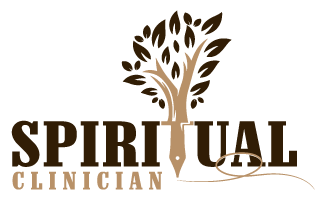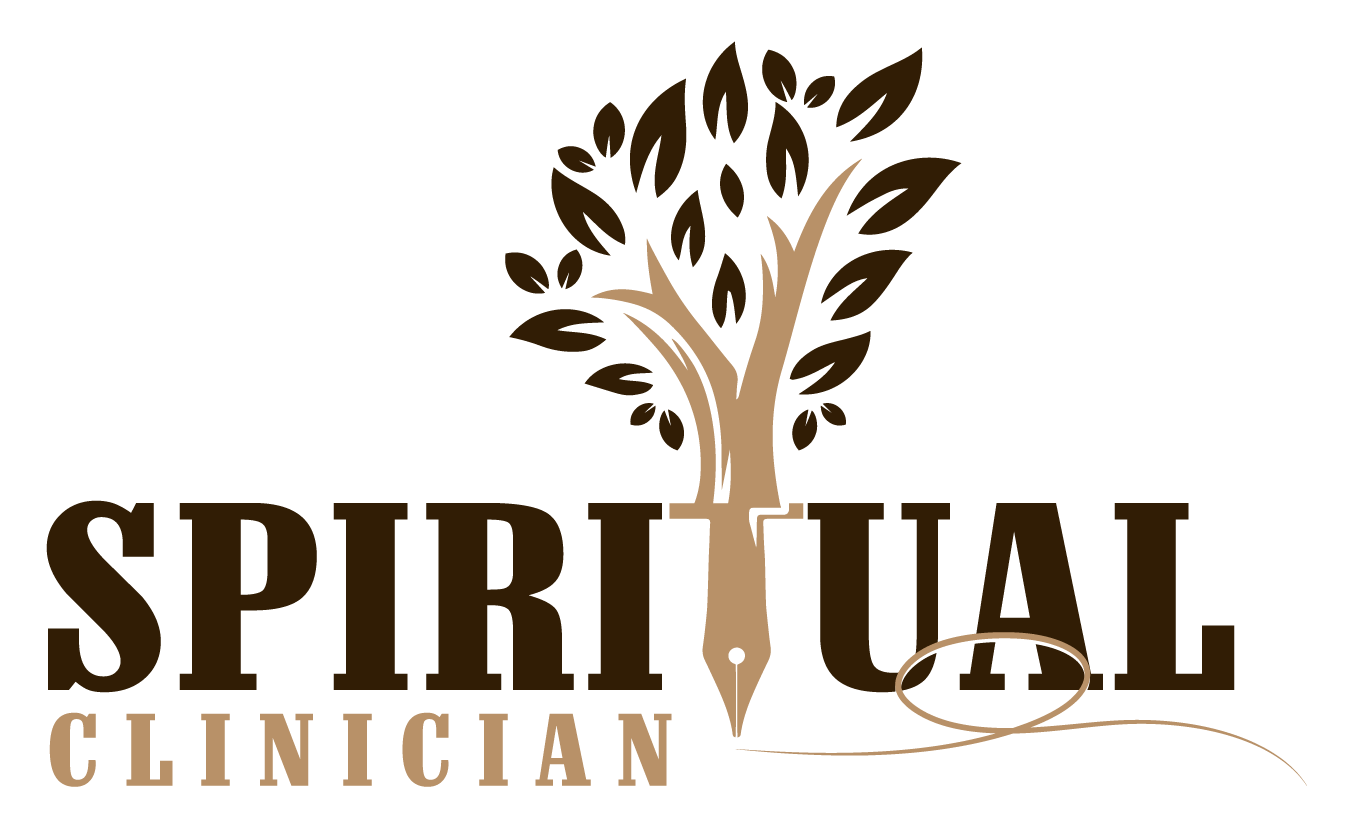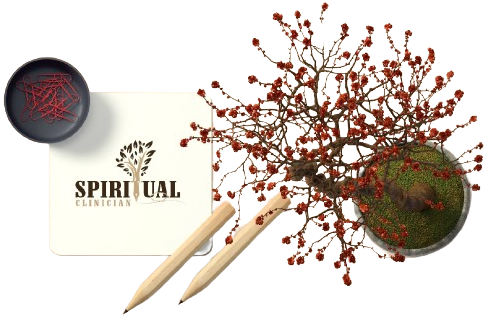One of the most vital sets of skills for collaborating is a developed ability to get consultation when you need it. The root of the word “consult” is “to strike together”. It means getting others’ opinions or suggestions about an issue, plan, or project you’re not quite sure about. When you have serious doubts about your best way forward you can either go it alone, find a way to hide, or follow somebody who appears confident, sure, and powerful, almost blindly. All of those seem far easier than seeking quality consultation.
Seeking counsel includes at best, admitting on some level that you’re human, fallible, and valuable but not perfect. If you have too great a need to look sharp and in control, you never go for counsel on anything. You just keep trying to fly, alone.
Counsel as a virtue was noted early (C. 700 BC) by the Hebrew Isaiah in describing how the Messiah would be when He would eventually come. It thus was included in what came to be called the Gifts of the Spirit.
Today taking counsel, of getting consultation is a two-way street and not as simple as it seems. Despite the plethora of people calling themselves consultants in various aspects of business and politics, there is little depth of understanding of the virtue of counsel.
For one person in a quality consultation, the one who is competent but temporarily unsure, to get valuable advice from another, the consultant, a great deal has to go right. It is not a simple process. But it is one sorely needed by top politicians if they are to faithfully serve the people. There are components to that interpersonal process of seeking consultation that are usually not well understood by either the one needing counsel or the one providing it.
For the consultee:
Trust – The person needing consultation (anyone making serious decisions that significantly affect people) must develop trust in a consultant. Usually, this is a moment of backing off control and taking a bit of a leap into the unknown. Trust is always only to a point, rarely ever total. There is always a need to take a chance on this person for assistance. One can never be completely sure that a given would-be consultant will meet what you need and effectively help clarify the next steps in a decision to be made or an issue to be addressed.
Emotional honesty – A person seeking consultation is making themself personally vulnerable by requesting a consultation. There are myriad ways we humans shield ourselves from looking weak, naïve, or inadequate for a task. These largely unconscious maneuvers defeat or at least impede the consultation from going well. Facilitator Fritz Perls once published a semi-humorous graphic illustrating some of the most common ways we humans seek to shade the vulnerability of getting quality consultation in a small group. He called them all “shit” characterized by the animal that featured them. They included (enhanced by this writer) such developed behavioral patterns as the intellectualizer (elephant shit); the bold or sneaky liar (horse shit); the self-preoccupied over-talker (eagle shit), going above everyone else); and the hiding-in-reticence, shyness, and silence (chicken shit). The consultee who can employ authentic representation of where they are emotionally with the subject or problem, makes consultation real, more personal, interesting, and productive.
Openness of data – The consultation seeker who presents the situation in question richly, in detail, and with a feeling of open sharing gets responses that are the best the consultant has. Enhancing the material for the consultee to look better defeats the depth of consultative response. Big ego fails.
Genuine Listening to suggestions – The consultation seeker needs the skill of listening carefully, extensively, and with brief periods of silence. That takes patience, and as my mother repeated to us kids, “Patience is a virtue, keep it if you can. Seldom found in a woman; never in a man.” There is no virtue greater than listening carefully and patiently, to anyone—lover, child, friend, student, citizen, or anyone else of importance to you. Reading at least one book on listening, caregiving, or interpersonal care can transform a career or a persistently successful friendship. (John Gray, Carl Rogers, Brene Brown, and a host of others who have taken on the task of describing the listening life.)
Honest reflection (alone?) – The word reflect comes from the Latin meaning “to bend again”, or to keep looking at a problem or issue to find a better perspective and meaning. When you’ve heard enough from a quality consultant it is time for a repeated, concentrated pondering of the input on a complex subject or person, to better shape a best direction of your own.
Keeping responsibility for the decision – It is still your responsibility to decide on the future plan. In seeking others’ perspectives and opinions you have kept the final responsibility and can blame nobody else for the actual best solution you can find.
For the consultant:
Relevant Successful Experience – The person needing consultation has specially chosen you from whom to get it. Let yourself access your considerable experience in what the consultee needs and mobilize it for practical use.
Fiduciary-like commitment – You may not be a financial fiduciary bound to function in the consultee’s best interest, but common ethics would dictate that you do so anyway.
Extensive listening – Listening, validating what you like about the way the consultee is seeing the problem and handling the situation, asking relevant questions about what you don’t like, and using your imagination to devise options for improving the situation pretty much describes the consultant’s task.
Creative Conceptualizing – Using concepts new to the consultee that are relevant to improving their understanding of the situation may constitute an educational, even instructional aspect to your role, but should be brief and clear. Too much of that will seem, (and be!) intellectualizing and boring rather than helpful.
Accepting outcomes – The consultant takes responsibility for their suggestions and perspectives as part of the issue’s resolution and success. But not totally. It is finally the consultee’s responsibility to make the necessary decisions.
One common sticky situation in considering the virtue of counsel is that of collusion. In politics that is secret or illegal cooperation, especially to deceive or cheat others. Basing your interaction with colleagues on either personal gain, avoidance of required responsibility, or protection from exposure and embarrassment can be the result of a lack of fortitude, guts, and integrity. That constitutes collusion. The citizens need leaders who know how to recognize collusion in their behavior and refuse to follow its seductive beckoning. Excessive loyalty to a party to a person, or one’s financial bottom line distracts from the essential role of a top leader. Collaboration needs to be as free as possible from that wasteful and even unethical maneuvering.
In assessing the character of candidates before elections here are some counsel questions for the voter to ask themselves and their candidate:
How well does this political candidate use consultation in their work?
Do you have any observations that indicate possible collusion in this person, squandering the gift of public trust they have been given by society as one of their top leaders? Examples would be sitting in silence when an issue crucial to the process of governing is in question, like impeachment.
Here are some crisp questions to be used in encountering a candidate about this aspect of their character. Some can be used now, in public or private engagement with the candidate, and some are better left for when a small group process of vetting of candidates’ character for state election boards has been established.
Will you tell us about the last time, or a successful time, when you used consultation in your political work? When was the last time you asked a peer colleague for assistance in designing or putting forward legislation or voting on a significant issue? How did that go?
Who has been your best consultant on political issues in your career? Why was that relationship so successful?
How do you decide on who you will use for consultation on a particularly sticky, conflicted, or vital issue in your practice? How often do you do that?
How do you avoid collusion in colleague relationships? Will you tell us how you understand collusion as opposed to collaboration?
When have you been surprised, maybe astounded, by what seemed to you, outrageous or unethical behavior by one of your colleagues? How did you consult others, or at least one person, about that?
How do you feel about the level of collusion you notice or have discovered among your current colleagues? What, if anything will you do about that?
Gordon J Hilsman is a retired clinical educator living with his wife of forty-four years in the Pacific Northwest and author of Assessing the Character of Candidates for National Political Office: In Search of a Collaborative Spirit. He can be reached at [email protected], or www.spiritualclinician.com


